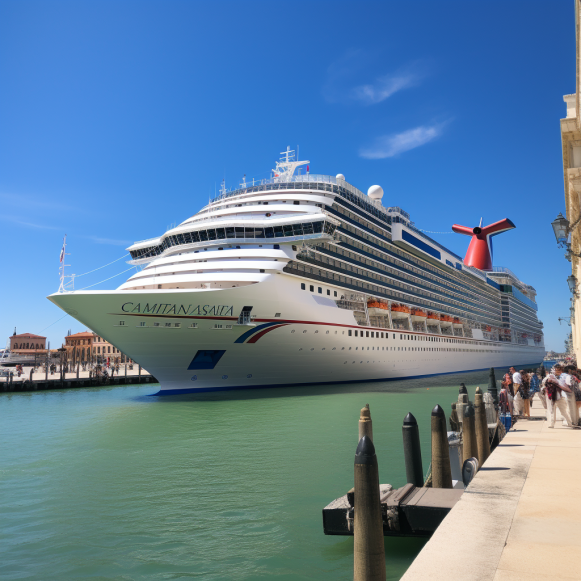The fall ‘shoulder season’ is changing — here’s how

Autumn is frequently the time of year when we return to work, our children return to school and sports, and we forget, at least until the holidays, to take a vacation.
However, this does not appear to be the case this year. Travel advisers across the country are reporting more last-minute fall trips and more trips being booked for next fall than they’ve ever seen — even as airfare remains high. Some have even reported record bookings and sales.
So, what is motivating this new trend? We asked some seasoned travelers what they’re seeing this autumn.
They all agree that the shoulder season, for better or worse, isn’t what it used to be.
“At Elite Travel, we’ve always prided ourselves on understanding the nuances of the travel industry, and one phenomenon we’ve observed closely is the evolution of the ‘shoulder season,'” Tammy Levent, president of Elite Travel, said in a statement “I have personally recommended the shoulder season to clients for years as the golden window for travel, offering a combination of fewer crowds and appealing price points.” It was our little secret for clients to enjoy world-class destinations without the hassle and high prices of peak seasons.
“However, beginning around 2022, we began to notice a shift,” Levent added. “With an increase in global travelers visiting destinations all year, the distinct advantage of shoulder season pricing has become more elusive.” Even though the concept of shoulder travel remains, the significant cost savings we once provided to our clients have begun to fade…”
Because air travel is still expensive, more people are choosing cruises over other modes of transportation, particularly in Europe. And, unlike in previous years, travelers are more interested in booking further into the future — from spring 2024 to fall 2025.
This year’s fall season has two major trends, according to advisors: last-minute bookings and far-out bookings.
This year, Mark Hennigan of Dreamers Travel in Hampstead, Maryland, is seeing those two patterns. This autumn, his business is 43% higher than it has ever been in the 17 years he has been in business.
Cupcake Castles Travel Company’s Sara Jane Stroupe agrees with the trend: “A lot of clients are doing last minute trips due to airfare constraints, natural disasters — having to pivot from original plans — or budget constraints.”
“I’ve had several last-minute requests with travel beginning in two months or less,” said Kara Brown, owner of Experience Culture Travel. “October seems to have snuck up on many people.”
Travel advisors have also noticed an increased desire to plan ahead for 2024 and 2025, which hasn’t been a large trend in the previous two years, owing to the end of the pandemic and the rush to get out and travel after being without it for several years.
“In the last few weeks, I’ve had multiple clients book fall travel not only for this year, but also for fall 2024 and 2025,” said Jeremy Hall, Operations, Sales, and Marketing for Cruise Vacations International with Aspire Associates Group. “Europe, Asia, and Egypt have all been high on the list, with a strong emphasis on river cruises in all three.” My clients are starting to plan further ahead than they have in the previous two years.”
People are eager to get back to planning — the fear of another COVID-19 outbreak is a thing of the past, and it no longer prevents travelers from making future travel plans, even two years in advance.
Cruising is one of the most popular ways to travel this fall, as well as in the fall of 2024 and 2025, according to travel experts. This could be due to cruising’s resurgence following the pandemic, an increase in expedition-style cruising, which attracts both high-value and younger travelers, but another factor could also be driving this trend.
“My Europe cruisers this fall are focusing on the Mediterranean,” Hall said. “They did this because they wanted to avoid the exorbitant air prices we saw during peak season this year.” The popularity of expedition cruises has also increased. With the introduction of new expedition cruise lines and ships, we are witnessing a surge in Antarctica and the Arctic.”
“Shoulder season, traditionally marked by spring and fall, has always been a sweet spot for travelers looking for a balanced blend of fewer crowds and moderate prices,” he said. “However, if airlines reconsidered and reduced their peak-season rates, it could revolutionize the travel industry.” Such a shift would make travel more accessible and convenient for everyone, allowing a broader range of travelers to visit peak destinations at optimal times without incurring high costs.”
The fall shoulder season isn’t really a shoulder season this year, and it’s unlikely that it will be in 2024 and 2025 as travelers begin planning their upcoming trips further in advance.




